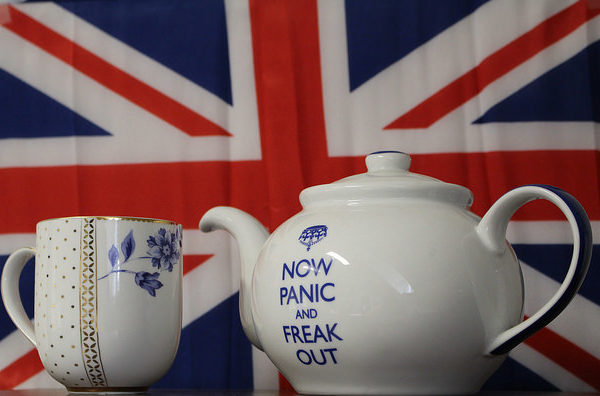Anti-psychotic medications can be used to treat schizophrenia and bipolar disorder. But they are also often used in nursing home populations to treat conditions like dementia. In Texas, however, some say these drugs are being used too often and at too-high dosages.
A recent study from the Centers for Medicare and Medicaid found Texas health care providers prescribe more anti-psychotics to nursing home residents than almost any other state in the country.
But there are efforts to change that practice – Kevin Warren, president and CEO of a group for long-term health care providers called the Texas Health Care Association, says the original intent was that these kinds of drugs would help reduce agitation and rebellious behaviors like yelling.
“There was an intent to try to help and make it easier,” he says, “but what they’ve seen is it doesn’t have the effect that it can have on diagnoses such as schizophrenia and in often cases it can cause difficulties.”
Psychotic drugs increase cognitive impairment and the risk of falls, Warren says, so care-takers should look at addressing the underlying causes of behavior, rather than addressing it through pharmacological means. Over-prescribing psychotics isn’t just a Texas issue, Warren says – there’s a national initiative to address it.
“The good thing is, since the national initiative has been underway, we have seen Texas continuing to progress,” he says. “The Centers for Medicare and Medicaid Services has a goal of 30 percent decreased by December of 2016. And Texas, as of its last data point, has actually met that goal.”
Warren says most residents come into nursing homes already on these kinds of medications. “Our focus is on putting prevention at the front-end,” he says. “….How do we help to educate before they even get to the facility and look for ways to manage concerns with behavior before they are admitted?”
Music therapy has become more popular, Warren says, because it triggers memories and gives residents a sense of calm. Reminiscent therapy is another popular option, meant to help residents remember things important to them and keep them from getting agitated. Warren’s grandmother, a former librarian who had dementia, would get agitated when health care workers tried to get her to bathe.
“Here’s a thought – do they have a library? Do they have a room, there’s a lot of books there?” he says. “I said, go talk to grandmother and explain to her, Hey, they need help organizing the books, but she’s got to be presentable, she’s got to be ready to go.”
The approach, Warren says, that factored in who his grandmother was as a person was a much more effective option that simply medicating her. “What could have been the alternative was for her physician to start her on some kind of medication to help control her agitation,” he says, “… as opposed to, let’s focus on who she is as an individual and turn it into a positive.”
Post by Hannah McBride.















